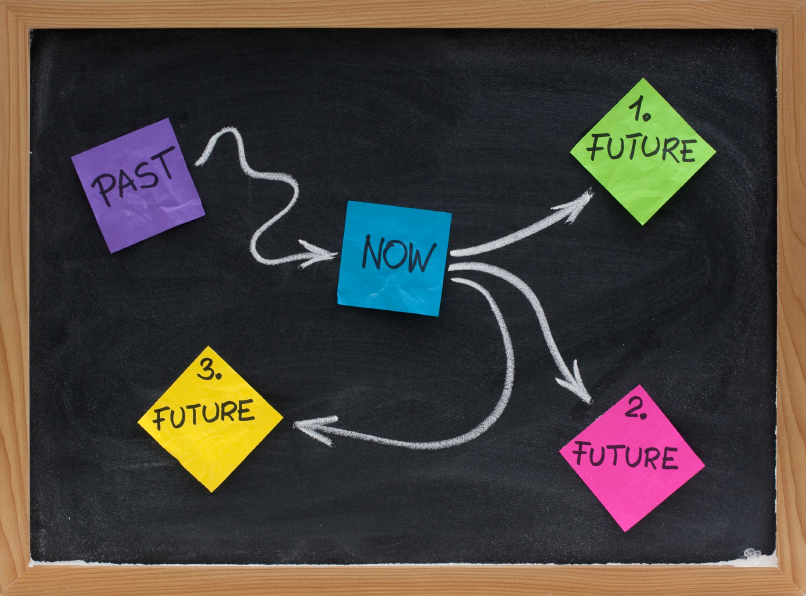It’s strange, very strange. Rosh Hashanah is the beginning of the aseret yemei teshuvah, the ten days of repentance. We reflect on the past year, recall the bad we did and the good we failed to do, apologise, confess and ask for forgiveness.
Yet there’s almost none of this on Rosh Hashanah. There is no confession, no Ashamnu bagadnu, no Al chet, no reference to the past year, no looking back. One of the few references to the fact that we are embarking on a process of teshuvah is the Unetaneh Tokef prayer reminding us that today our fate is being written: who will live and who will die.
Surely the beginning of the days of repentance should begin with repentance? The answer is one of the deepest truths of Judaism. To mend the past, first you have to secure the future.
I learned this from the Holocaust survivors I came to know. They were among the most extraordinary people I’ve ever met, and I wanted to understand how they were able to survive, knowing what they knew, seeing what they saw.
What I came to realise was that many of them did not speak about those years, even to their spouses or their children, sometimes for as long as forty or fifty years. Only when they had secured the future did they allow themselves to look back at the past. Only when they had built a life did they permit themselves to remember death.
That was when I understood two strange characters in the Torah, Noah and Lot’s wife. After the flood, it seems, Noah looked back. Overwhelmed by grief he sought refuge in wine. Before the flood he was the only person in the whole of Tanakh to be called righteous, yet he ended his days drunk and dishevelled. Two of his sons were ashamed to look at him.
Lot’s wife disobeyed the angels, turned back to look at the destruction of Sodom and was turned into a pillar of salt. I think the Holocaust survivors knew that if they turned and looked back they too would be reduced to the salt of tears.
Jews survived every tragedy because they looked forward. When Sarah died, Abraham was 137 years old. He had just lost the woman who had shared his life’s journey and who had twice saved his life. He might have been paralysed by grief. Yet this is what we read: “Abraham came to mourn for Sarah and weep for her. Then Abraham rose from beside his dead wife” (Gen. 23: 2-3): a mere ten words in Hebrew.
We then read how Abraham bought the first plot of land in Israel and arranged for a wife for his son. Long before, God had promised him children and a land. By the time Sarah died he owned no land, and had one unmarried child. Instead of complaining to God that He had not fulfilled his promises, he understood that he had to take the first step. First he had to build the future. That was how he honoured the past.
And that’s what we do on Rosh Hashanah. The Torah readings are about the miraculous birth of two children, Isaac to Sarah and Samuel to Hannah, because children are our deepest investment in the future. We proclaim God’s sovereignty as if the day is a coronation, the beginning of a new era. Then, having committed ourselves to the coming year, on the intervening days and Yom Kippur we can turn and apologise for last year. Paradoxically in Judaism the future comes before the past.
This one insight could transform the world. After the Holocaust, Jews didn’t sit paralysed by grief. They built the future, above all the land and state of Israel. If other nations really cared about the future instead of trying to avenge the wrongs of the past, we would have peace in some of the world’s worst conflict zones.
And so it is with us. First we have to focus on building a better future. Then and only then we can redeem the past.
